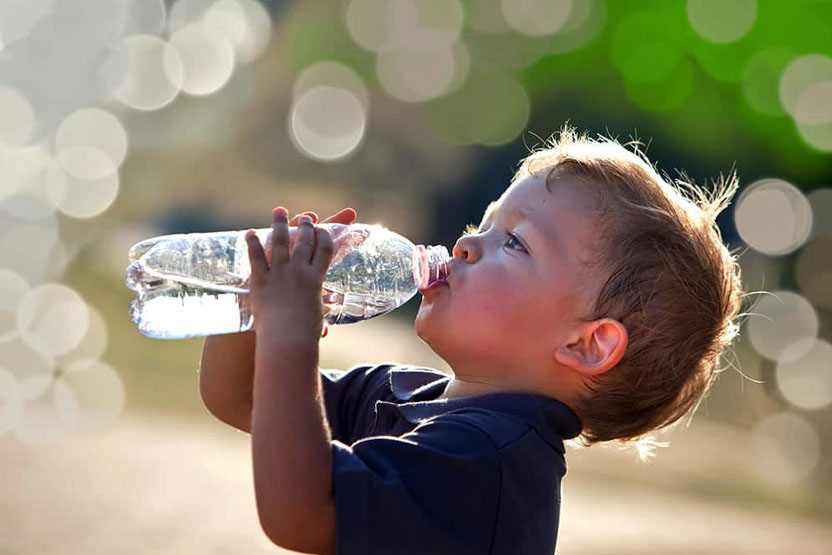
A recent Canadian study has raised serious concerns about the safety of bottled drinking water, revealing that plastic containers may release microscopic particles capable of penetrating the body and accumulating in vital organs — a process that could increase the risk of cancer and other chronic diseases.
According to research conducted by an environmental management specialist at Concordia University, people who regularly consume bottled water may ingest up to 90,000 additional microplastic particles per year compared to those who drink tap water. The findings, published in the Journal of Hazardous Materials and reported by Science Daily, point to a growing body of evidence linking microplastic exposure to inflammation, hormonal disruption, infertility, oxidative stress, nerve damage, and even cancer.
These plastic particles — often smaller than two microns — are formed during the manufacturing, packaging, and transport of bottled water. Once inside the human body, they can pass through natural barriers and reach sensitive tissues, including the brain, liver, and kidneys.
“The real danger lies not in acute poisoning, but in the long-term exposure to toxic materials that silently accumulate over time,” the study’s authors noted. “Bottled water can be useful in emergencies, but it should not be a daily habit.”
The report described single-use plastic bottles as a “serious health hazard,” calling for tighter international regulations to limit their production and use. It urged governments to require clear labeling of microplastic content in consumer products and to hold corporations accountable for the full life cycle of their packaging.
The study also warned that microplastics may disrupt the gut microbiome — the ecosystem of beneficial bacteria essential for digestion and immunity — potentially raising the risk of colon cancer, metabolic disorders, and mental health conditions such as depression.
As scientists continue to uncover the invisible dangers of microplastic pollution, experts stress the need for a rapid shift toward sustainable alternatives. The authors recommend switching to glass or stainless-steel bottles to reduce exposure and protect public health.
“Fighting microplastic pollution is not just an environmental priority,” the report concluded. “It’s a human health imperative — essential for a safer, more sustainable future.”


Comment